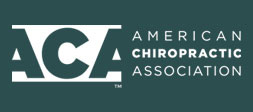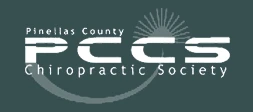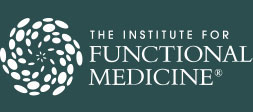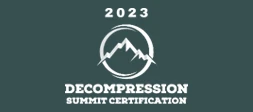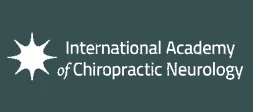Conditions
EXPERIENCE THE DIFFERENCE
Below Are a Few of the Conditions We Treat at St. Petersburg Spine and Joint Center in St Pete, Florida
Neck & Back Pain
Neck and back pain can have a variety of causes, ranging from minor muscle strains to more serious underlying medical conditions. Traditional treatment options for neck and back pain typically include: Rest, Pain Medication, Physical Therapy, Epidural Steroid Injections and Surgery. If rest and physical therapy are unhelpful, then more invasive options are considered, all of them with varying degrees of side-effects. Click the button below to learn more about how we treat neck and back pain.
Bulging & Herniated Discs
A herniated disc, also known as a slipped disc or a ruptured disc, is a medical condition that occurs in the spine. When a disc herniates, it means that a portion of the soft inner core (nucleus pulposus) pushes through a tear or weakness in the outer layer (annulus fibrosus) of the disc. Traditional treatment options for a herniated disc typically include: Rest, Pain Medication, Physical Therapy, Epidural Steroid Injections and Surgery. If rest and physical therapy are unhelpful, then more invasive options are considered, all of them with varying degrees of side-effects. Learn more about disc disorders by clicking the button below.
Peripheral Neuropathy
Neuropathy, also known as peripheral neuropathy, is a condition that affects the peripheral nervous system, which includes nerves outside the brain and spinal cord. Neuropathy can result from damage or dysfunction of these peripheral nerves and can manifest in various ways. Common treatments for neuropathy are: Medications, pain management, prescription medications (antidepressants, anticonvulsants, and opioids) physical therapy, nerve blocks and injections. All of these treatment options only work to cover up the symptoms of the neuropathy and do not treat the condition or prevent progression of the disease. Click the button below to learn more.
Knee Pain
Knee pain can be caused by a number of factors including: injuries, overuse, arthritis, tendonitis, meniscus tears, bursitis, and other issues. Traditional treatments for knee pain can vary depending on the underlying cause and severity of the pain. Here are some common traditional approaches to treating knee pain: Rest/Ice, OTC and prescription NSAID’s, Physical Therapy, Corticosteroid or Stem Cell Injections, and Surgery. To learn more about how we treat knee pain, click the button below.
Shoulder Pain
Shoulder pain can be caused by a variety of factors, including: Muscle Strain or Overuse, Rotator Cuff Injuries, Adhesive Capsulitis, Bursitis, Arthritis, Fractures, and Tendinitis. The treatment for shoulder pain depends on its cause and severity. Here are some common approaches to treating shoulder pain: Rest and Activity Modification, Physical Therapy, Pain Medications, Corticosteroid Injections,
Lifestyle Modifications, and Surgical Intervention. Click there button below to learn more.
Plantar Fasciitis
Plantar fasciitis is a common medical condition that causes pain in the heel and the bottom of the foot. It occurs when the plantar fascia, a thick band of tissue that runs along the bottom of the foot and connects the heel bone to the toes, becomes inflamed or irritated. Common treatments options include: Rest, stretching exercises, orthotic devices, physical therapy, nonsteroidal anti-inflammatory drugs (NSAIDs) and night splints. Click their button below to learn more.
Sciatica
Sciatica is a condition characterized by pain that radiates along the path of the sciatic nerve, which is the longest nerve in the body. The most common cause of sciatica is the compression or irritation of the sciatic nerve. The treatment of sciatica typically involves a combination of self-care measures, conservative treatments, and in some cases, surgical interventions. The specific approach to treatment depends on the underlying cause of the sciatica and the severity of symptoms. Click the button below to learn more.
Tennis/Golfer’s Elbow
Elbow tendinitis, also known as “tennis elbow” or “golfers elbow,” is a condition that occurs when the tendons that attach to the lateral and medial epicondyles (the bony bump on the outer part of the elbow) become inflamed or irritated. The exact cause of elbow tendinitis is often a combination of factors, and it can develop gradually over time. Treatment for elbow tendinitis typically involves a combination of self-care measures, physical therapy, and in some cases, medical interventions.









